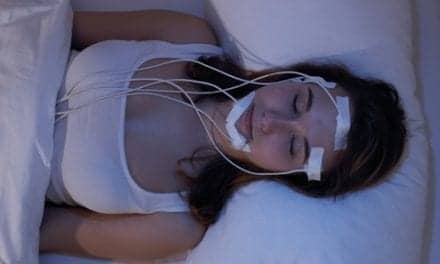Although nonmedical interventions have long been at the top of the AASM recommendations, at least one expert hopes the warnings will encourage practitioners to consider alternatives to the commonly prescribed sedative-hypnotic drugs, reports Medscape.
Dimitriu says that in his own clinical practice, he’s seen patients have adverse reactions to the medications. “I have witnessed falls; sleepwalking; nighttime eating; and, in very rare instances, even driving, which people will not recall the next day.” The intensely sedative nature of these drugs can trigger these behaviors in certain individuals, resulting “in, what we call in sleep medicine, ‘disorders of confusional arousal.’ This is almost the same as sleepwalking; however, in these cases, other complex behaviors can occur,” he explains.




